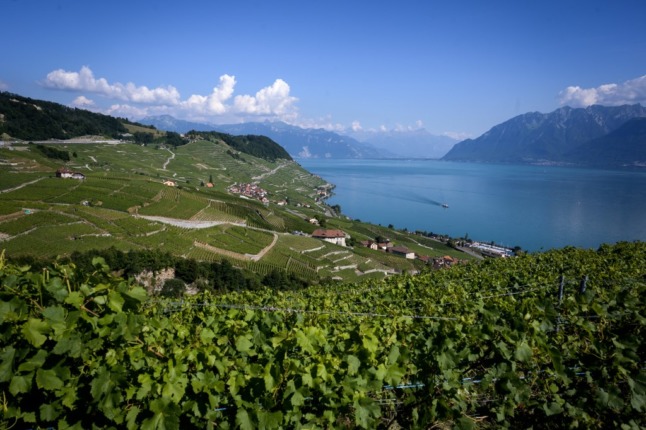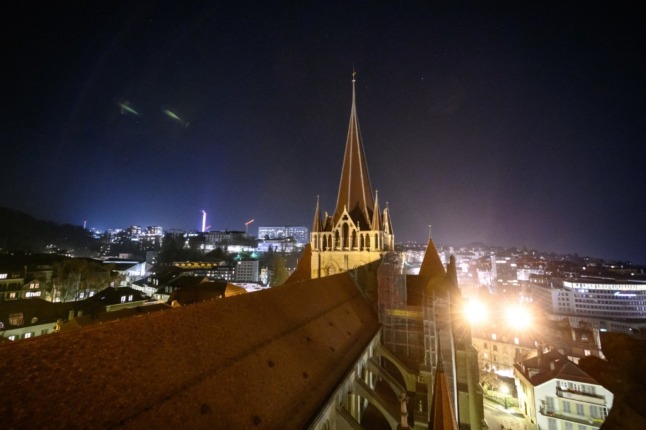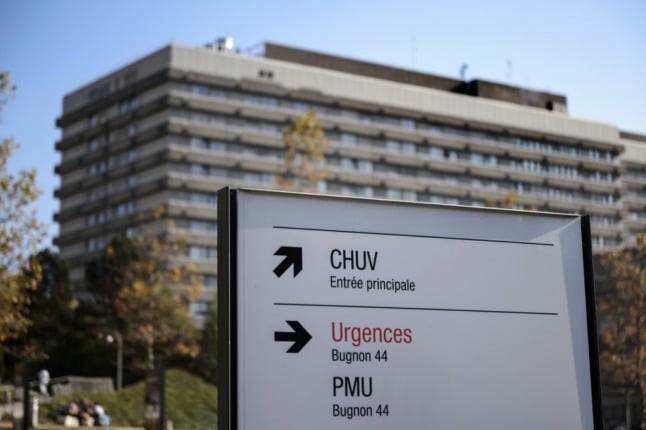The cantonal councillor Pierre-Yves Maillard, of the Swiss Social Democratic Party, was able to convince members to support the bill after presenting a precise framework setting out how the new law would work in practice.
The proposed law would allow euthanasia under strict conditions in nursing homes and hospitals, newspaper Tribune de Genève reported.
Under the draft law, patients would have to be mentally capable of making the decision and their condition would have to have been deemed incurable by a team of medical experts. Relatives would also be required to sign an acknowledgment.
The project is being supported by the Swiss organisation, Exit, which lobbies for Swiss citizens to have the right to assisted suicide. This organisation differs from the international charity of the same name.
It was Exit that first put the issue on the cantonal agenda when it gathered enough signatures to force a vote in 2009.
Cantonal voters will get to choose between three options: the original Exit proposal, the alternative council proposal approved on Tuesday, or a continued ban on euthanasia in the canton.
So-called “death tourism” has risen over the past years with foreigners journeying to Switzerland in order to be euthanized because the practice is illegal in their own countries.
Nevertheless, the proposed Vaud law is focused on the Swiss people, rather than on the “tourist” trade. It would enable Swiss people wishing to terminate their lives, and those willing to assist them, to be able to do so without legal repercussions.





 Please whitelist us to continue reading.
Please whitelist us to continue reading.
Member comments